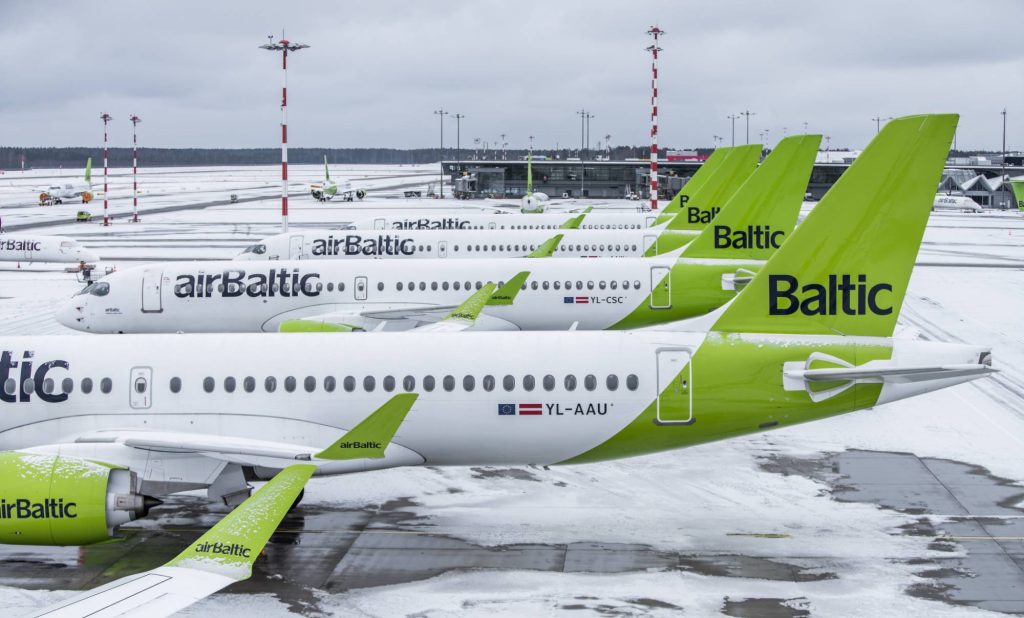AirBaltic, a Riga-based carrier, has announced the cancellation of thousands of flights for the upcoming summer season. The cancellations are a result of unexpected delays and prolonged engine maintenance at the carrier’s supplier, Pratt & Whitney. The airline operates a single-type fleet of 49 Airbus A220-300 planes, all equipped with the same engine model, which has made it difficult for them to find replacement aircraft for those undergoing maintenance. In total, 4,670 flights will not operate as planned.
The Latvian Transport Minister has criticized AirBaltic for the cancellations, calling it “categorically unacceptable” that the airline’s management had not publicly explained its decision. With the Latvian state owning 97.97% of the airline, the Minister has called for an immediate explanation from the AirBaltic board. Despite the cancellations impacting around 67,000 passengers, the airline has assured that most of its schedule will continue to operate as planned and affected customers will be provided with full refunds or rebooking options.
The impact of AirBaltic’s cancellations will extend beyond just its passengers, as the airline has 24 codeshare agreements with other carriers including Delta Air Lines, British Airways, and Lufthansa. This means that connecting travelers could also see their plans disrupted due to the cancellations. In a typical week in July, AirBaltic operates just over 1,000 flights, highlighting the significant impact that the cancellations will have on the airline’s operations.
Broader issues with Pratt & Whitney’s geared turbofan engines have been affecting the airline industry for months. The company announced in July 2023 that some of its engines produced between 2015 and 2021 had contamination issues, leading to the grounding of hundreds of A320 family aircraft at major carriers worldwide. This has impacted airlines such as JetBlue, IndiGo, and Wizz Air, among others. At the Skift Global Forum in September, JetBlue’s CEO Joanna Geraghty expressed frustration about the groundings and the financial impact on airlines.
The overall performance of airline sector stocks within the ST200 index, which includes publicly traded companies across global markets, has been affected by the ongoing issues with Pratt & Whitney engines. The index reflects the financial performance of nearly 200 travel companies worth over a trillion dollars, including network carriers, low-cost carriers, and related companies. The cancellations and maintenance delays at AirBaltic are just one example of the challenges facing the airline industry due to engine issues and their broader impact on operations and financial performance.















